
Discover Top 10 Cleanest Cities in the World
Published :
Last Updated :

Published :
Last Updated :
How clean a city is can be a decisive factor for its livability, influencing public health, sustainability, and quality of life. Several global organizations rank cities based on environmental factors, and Mercer's Eco-City ranking is among the best-reputed. This kind of ranking uses indicators of air and water quality, waste reduction, transit, and green space.
With superb waste management, excellent public transport, and a focus on sustainable development, Zurich is named the world's cleanest city according to Mercer's most recent Quality of Living and Eco-City rankings. Vienna, Austria, comes in a close second, thanks to its sprawl of green space and quality of public services. Geneva, Switzerland, is among the cleanest, thanks to strict environmental policies and modern urban planning. Besides top-ranked Copenhagen, Helsinki and Munich served up strong air, water and green initiatives.
These rankings show how well-planned policies and strong environmental governance can foster cleaner and healthier urban environments. They set examples for other cities that aspire to improve their sustainability initiatives. In this blog, we will discuss the 10 cleanest cities in the world according to the rankings based on Mercer's Eco-City index, which ranks the cities based on their environmental policies, sustainability initiatives, and overall viability.
As of 2024, the following cities are the top 10 cleanest cities in the world. Let's have a detailed insight on why each country is considered the cleanest.
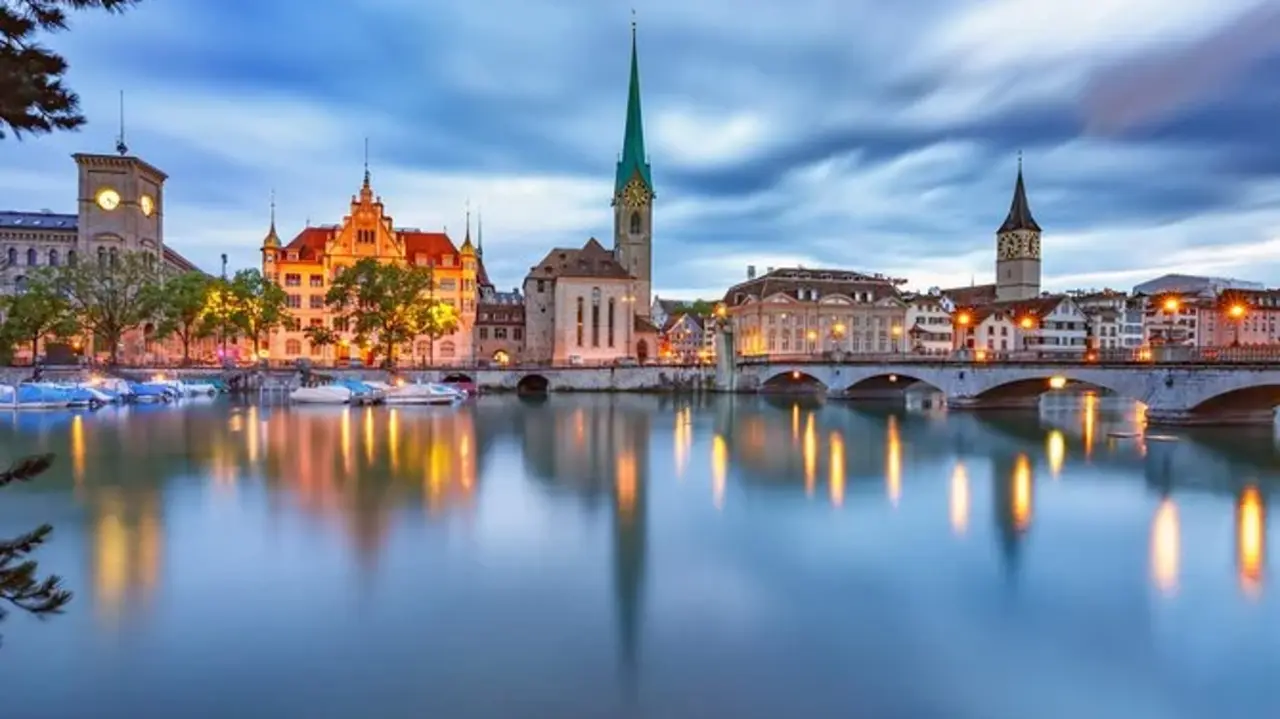
Due to its strict environmental policies and organized recycling and waste management, Zurich, Switzerland, consistently becomes ranked as the cleanest city on the planet.
Zurich, With a unique waste-to-energy process, the city runs the length at which waste is divided into reusable and absorbable, creating legislation on waste management and disposal, resulting in making up for each other and reducing waste on land.
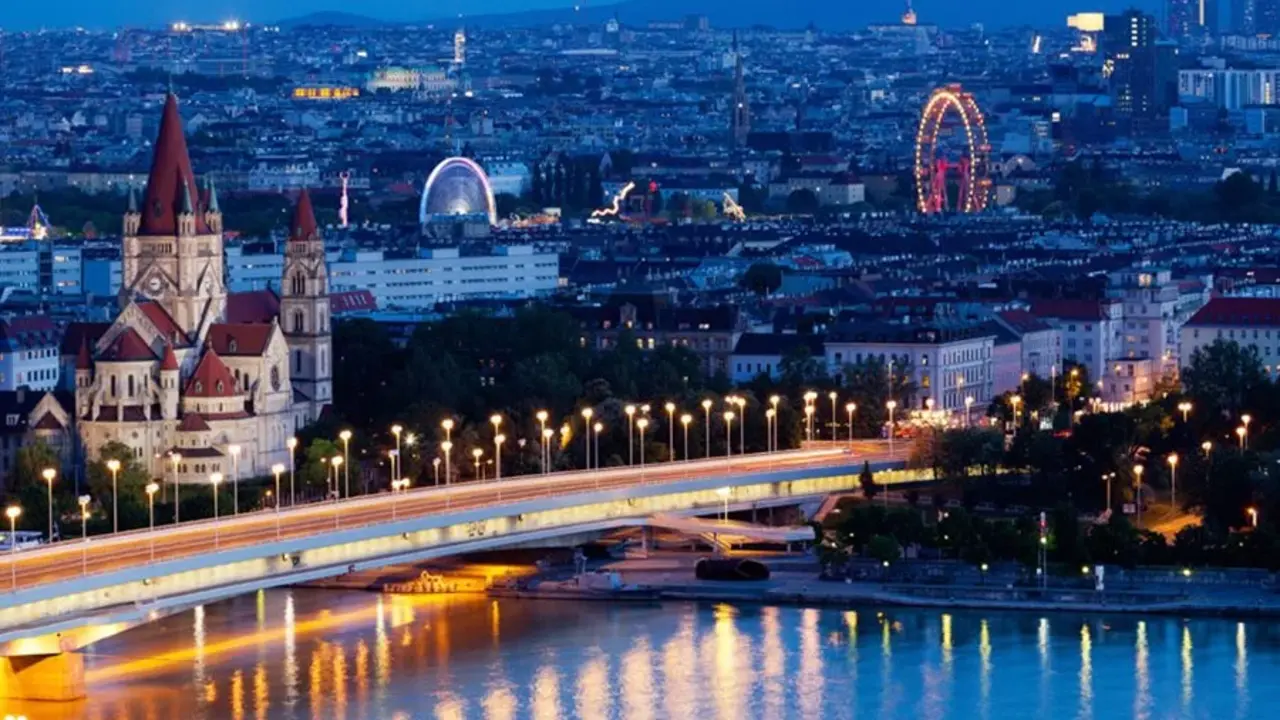
Vienna, Austria, is nearly consistently ranked as one of the cleanest cities in the world because of its sustainability efforts, efficient waste management and environmental policies. Vienna ensures clean air and high quality of life for its residents, with more than 50% of the city's area allocated as parks and forests.
All this green space contributes to Vienna’s environmental performance, where sound urban planning, energy-efficient buildings and waste management systems that involve diverting more than 50% of waste for recycling come together.
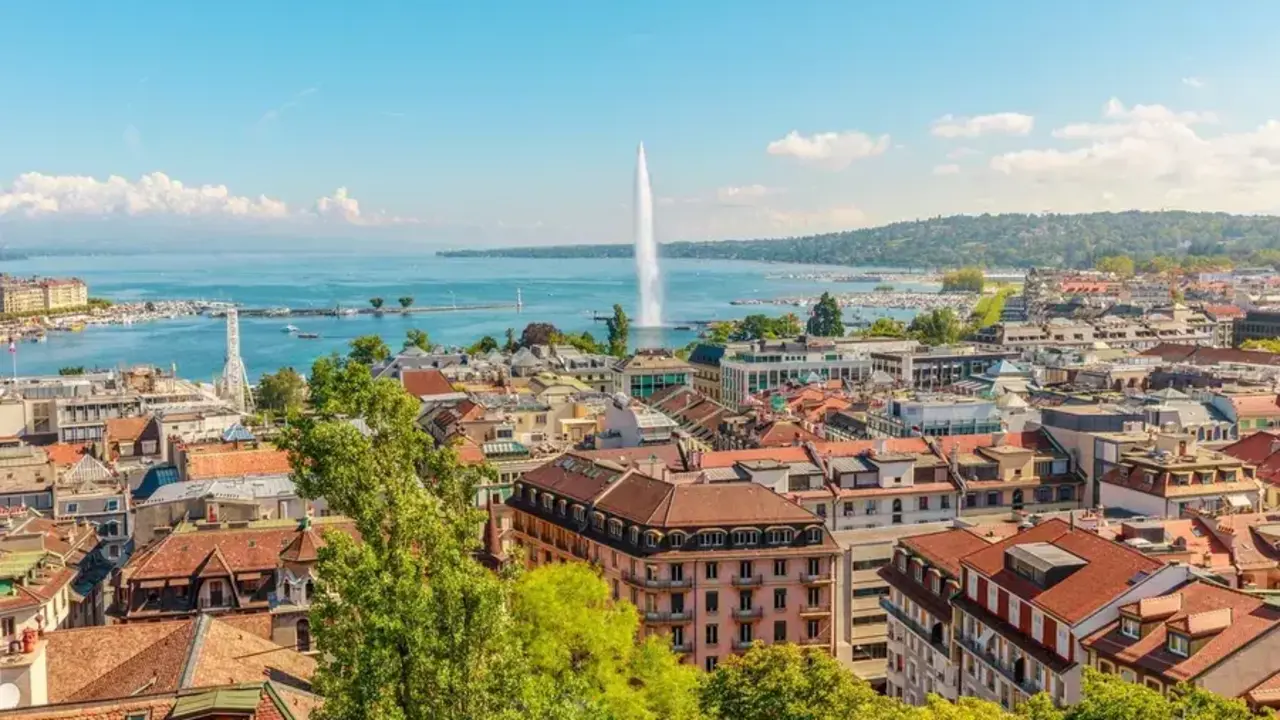
Geneva Switzerland, has strict environmental laws and is committed to sustainability, making it one of the cleanest cities in the world. The air quality is high, garbage collection is efficient, and the space is beautiful, with an abundant amount of green.
Policies to reduce carbon emissions, promote renewable energy and preserve the natural environment also demonstrate Geneva's commitment to sustainability
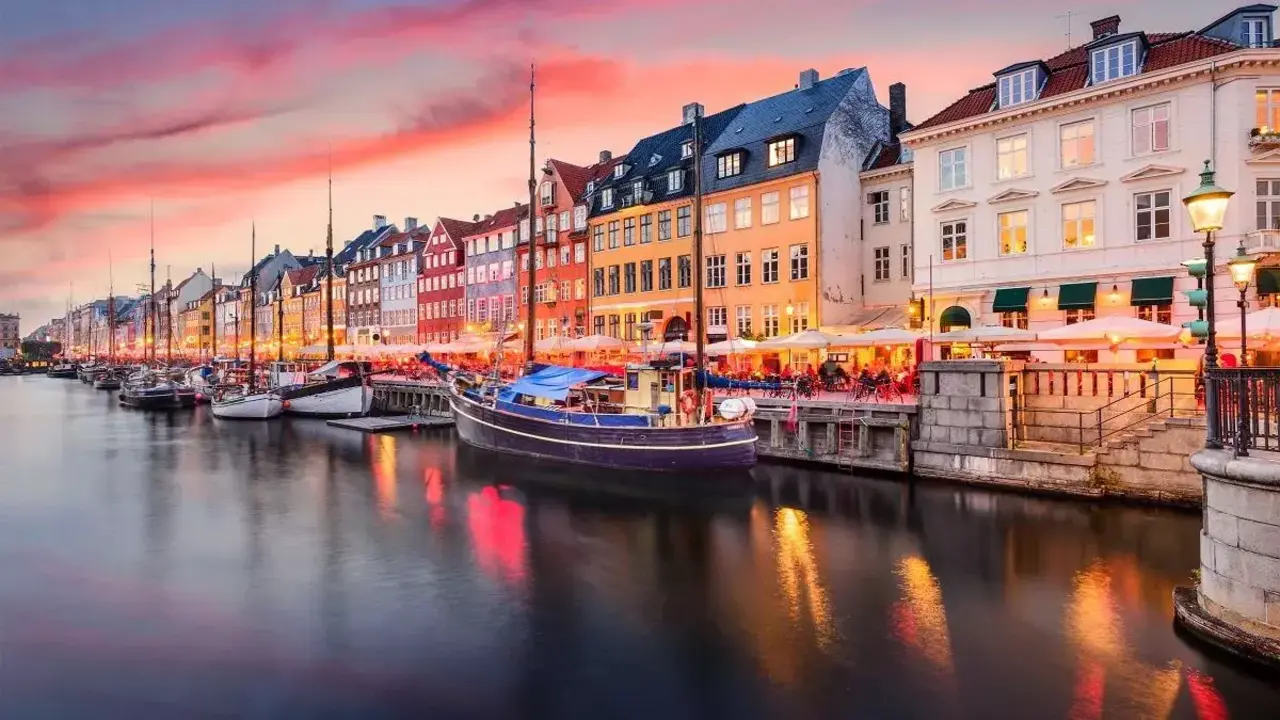
Copenhagen, Denmark, is often called among the cleanest cities in the world, given its ambitious goals for sustainability and the effort it puts into an eco-friendly cityscape.
Its initiatives around decarbonization, renewable energy, air quality and water quality consistently put the city high on international lists of the most sustainable cities in the world. As it pursues carbon neutrality by 2025, Copenhagen's action plans about climate define a bold goal to lessen the impact on the environment.
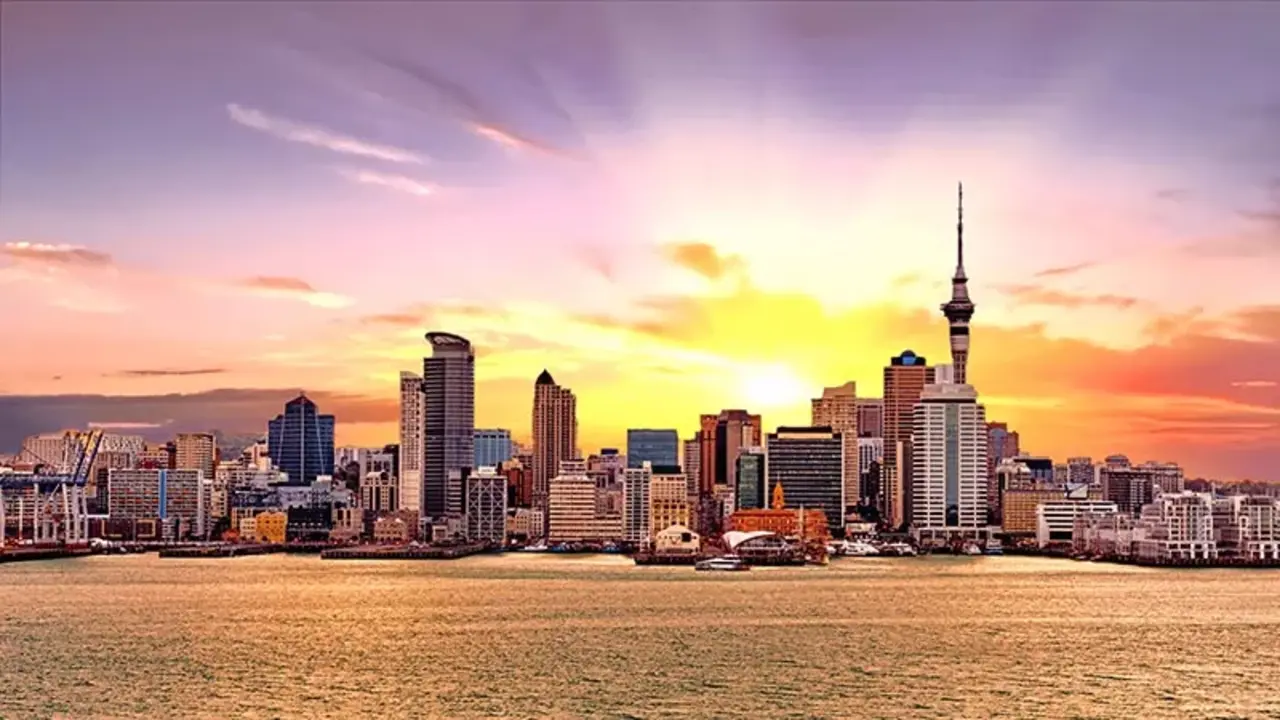
Auckland, New Zealand, is another one of the cleanest cities in the world, and it is famous for its environmental policies and practices.
Its low levels of pollution, efficient waste management systems, and many green areas mean the city regularly finds itself at the top of the world’s quality of life and cleanliness indexes. Auckland prides itself on air and water of good quality as well as progressive policies aimed at reducing carbon emissions.
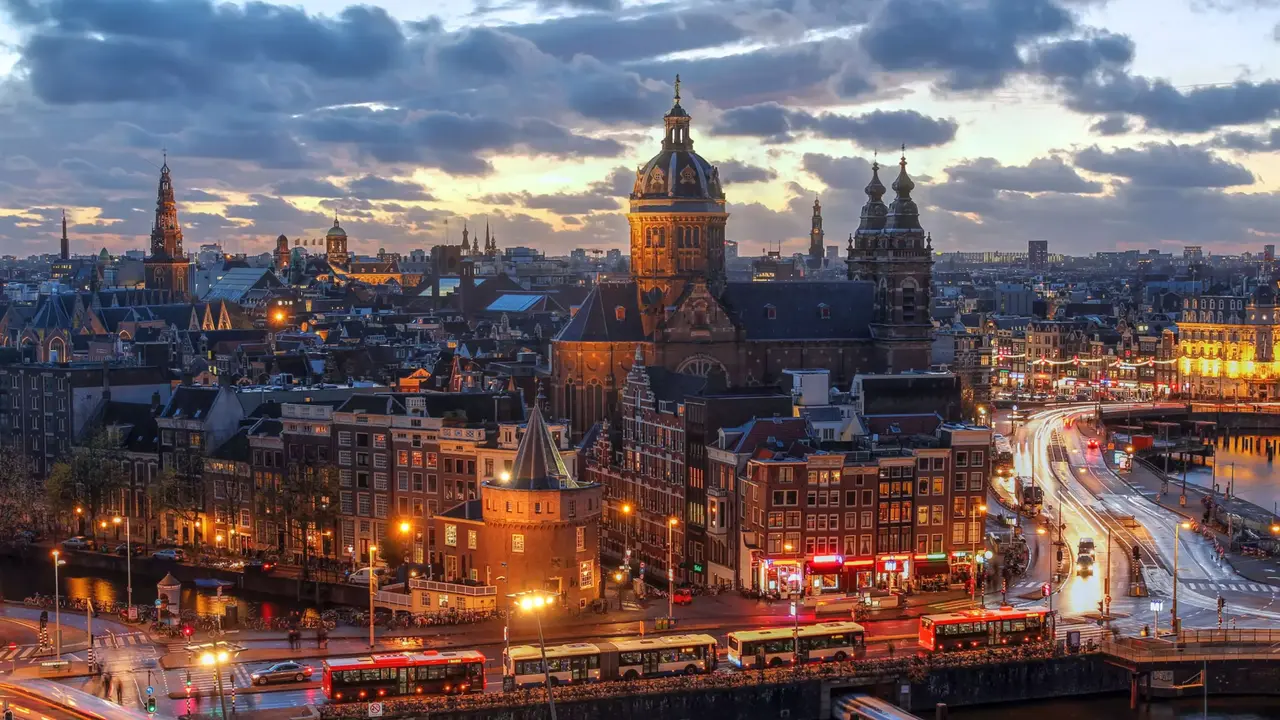
Amsterdam is one of the cleanest cities in the world; the city of the Netherlands is known for its environmental policies, including 24/7 waste collection, water purification, and recycling. This city has it all.
Perhaps Amsterdam is best known for its low carbon footprints, unparalleled air conditions, and active waste recycling processes. It earns high marks in sustainability rankings around the world thanks to a commitment to green energy and a very functional public transportation system.
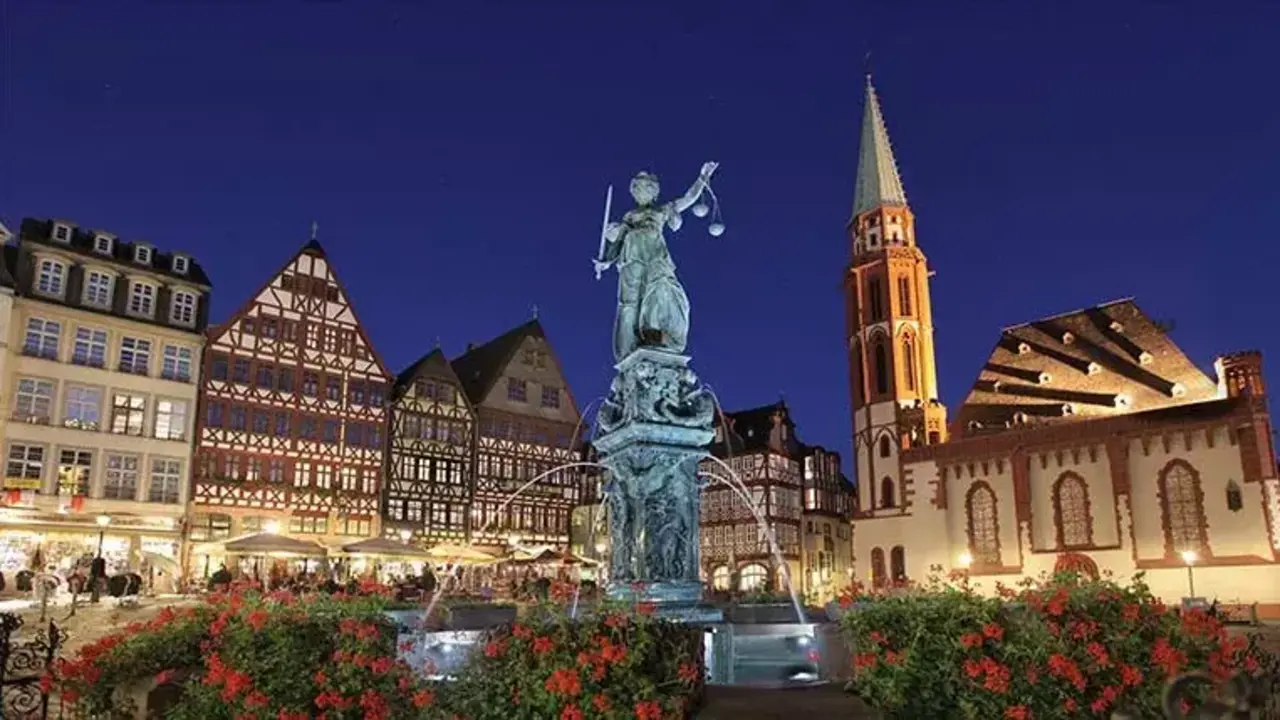
Frankfurt, Germany, is known for its clean urban environment as it goes by the rules of sustainability and environmental protection. As one of Europe’s financial centers, the city has incorporated green initiatives into its urban planning to maintain low levels of air pollution, effective waste management, and ample green spaces.
Frankfurt is unique because of its strict environmental policies, including strict rules on the separation of different types of waste and its promotion of alternative energy sources.
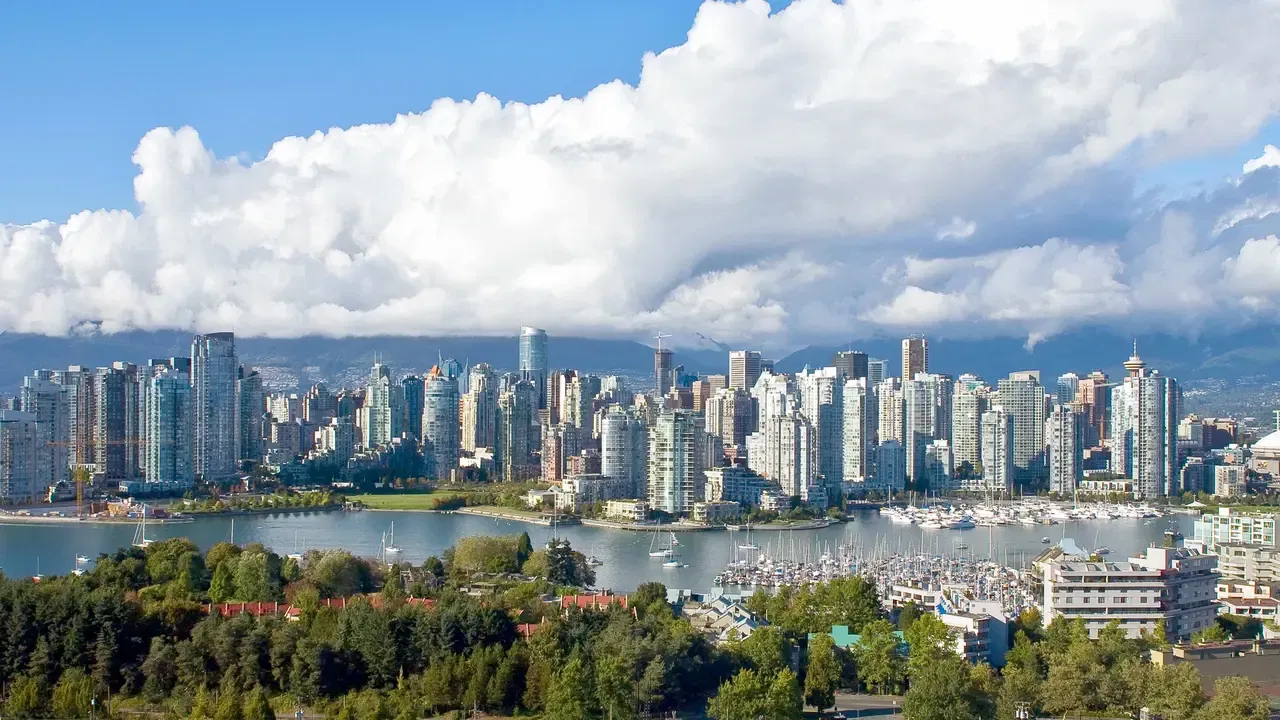
Ranked as one of the cleanest cities on Earth, they have a pristine environment and a commitment to sustainability. Vancouver, Canada riding on the back of natural beauty and a raft of strong environmental policies that focus on carbon emissions, air and water quality, and green space planting.
A more efficient public transport system, widely spread cycle paths, and green construction practices add more beauty to the clean and healthy environment of the city.
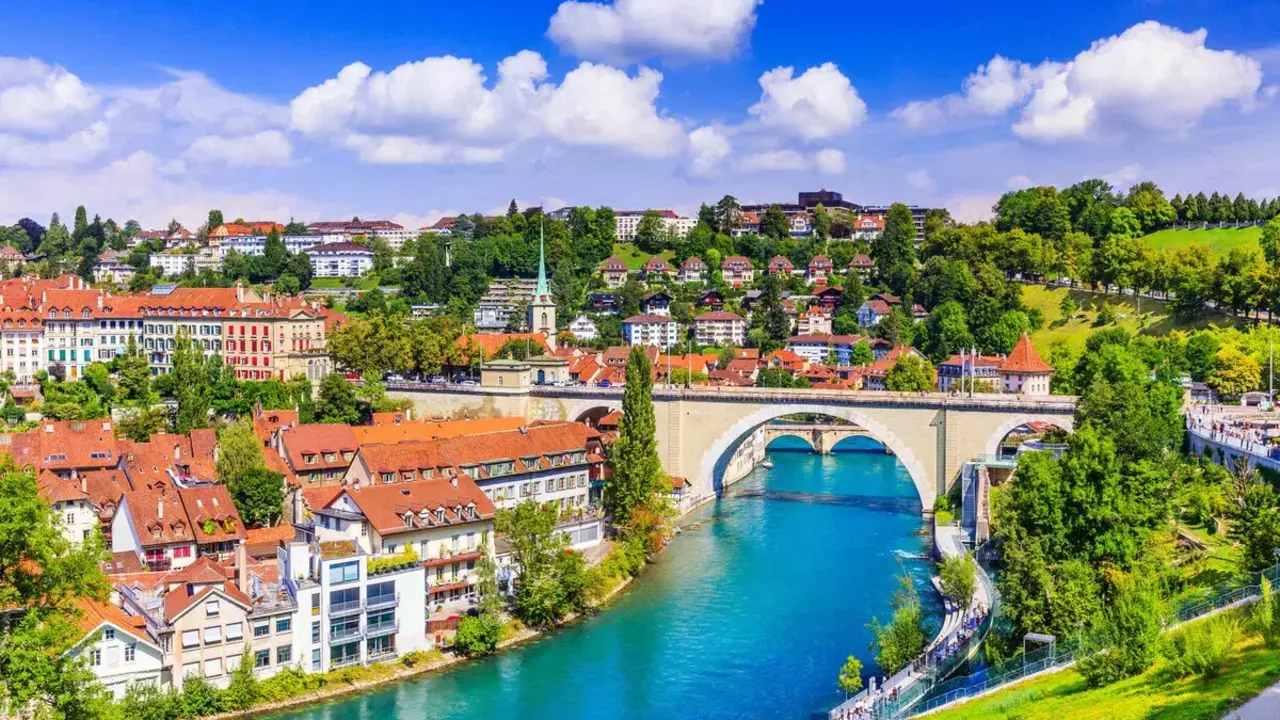
Bern, the capital of Switzerland, is one of the cleanest cities in the world due to its maintained infrastructure, strict environmental regulations, and focus on sustainability.
Bern is a very clean city, has very good water quality, and has a powerful waste management system, which is also helpful for ensuring its environmental success. The city also focuses on green energy, waste recycling, and carbon reduction, creating a clean city for residents and tourists.
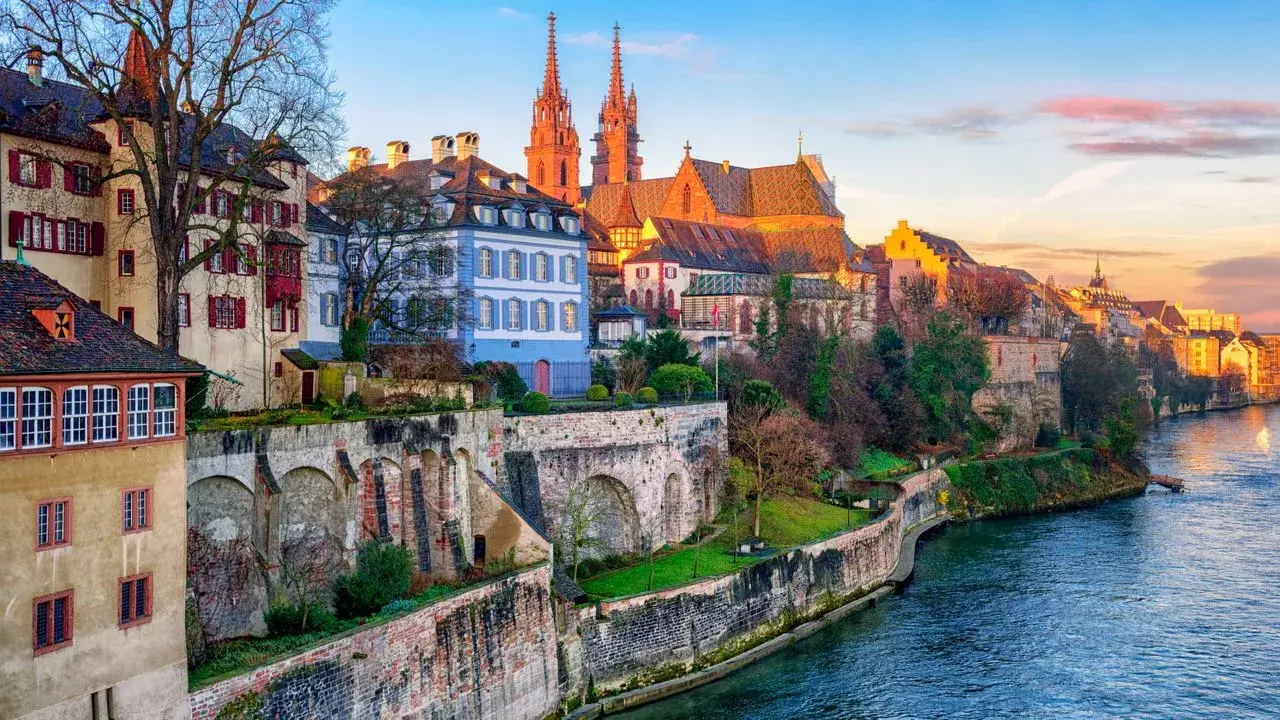
Basel, Switzerland, is one of the cleanest cities in the world as the city emphasizes sustainable practices, waste management, and green spaces. That includes both advanced recycling systems and policies to protect the city’s natural assets, such as the Rhine River that runs through the city.
These cleanest cities discussed above are great models for sustainability, environmental sustainability, and green Urbanization. Factors that made it work are green spaces, waste management, clean energy, and clean transport systems in their cities , which have evolved to become cleaner and healthier.
Their commitment to decreasing carbon footprints, enhancing air and water quality, and encouraging recycling and renewable energy greatly contributes to their high cleanliness ranks.
All of these cities have shown that local policies focused on sustainability not only improve the quality of life of their citizens but also help the whole planet to reduce its pollution with the hopes of creating a cleaner and greener world for future generations, as more cities are following these world leaders.
There are various elements that play a role in making a city clean. These elements are air and water quality, waste reduction, transit, and green space.
Zurich, Switzerland, is considered the cleanest city in the world because of its environmental policies and waste management factors.
Green spaces are a perfect example of beauty and cleanliness as they improve air quality and provide oxygen. They also reduce heat in urban areas and provide natural habitats for wildlife.
The list of policies that they can use are public transportation, recycling rates, renewable energy, green areas, etc., in order to make the city clean.
Clean cities tend to have sophisticated rubbish separation and recycling programs, high recycling rates and waste-to-energy plants that turn rubbish into energy. It helps with landfill use and the reuse of materials, further cleaner urban environment.

Your gateway to offline planning in the digital realm. Discover a world of real estate opportunities through our immersive offline property website experience

Apartments
Penthouses
Duplexes
AED 4,400,000
Al Wasl
2, 3, 4 & 5
1946 - 8253 Sq Ft

Apartments
AED 1,594,000
Expo City Dubai
1, 2 & 3
889 - 2403 Sq Ft

Apartments
Studios
AED 764,999
Jumeirah Village Circle
Studio, 1 & 2
341 - 1827 Sq Ft

Apartments
Penthouses
Townhouses
AED 2,500,000
Dubai Islands
1, 2 & 3
898 - 3312 Sq Ft

Apartments
Penthouses
Duplexes
AED Coming soon
Dubai Design District
1, 2, 3 & 4
738 - 7767 Sq Ft

Apartments
AED 840,000
Jumeirah Village Circle
Studio, 1, 2 & 3
381 - 1326 Sq Ft

Apartments
Penthouses
Duplexes
AED 4,400,000
Al Wasl
2, 3, 4 & 5
1946 - 8253 Sq Ft

Apartments
AED 1,594,000
Expo City Dubai
1, 2 & 3
889 - 2403 Sq Ft

Apartments
Studios
AED 764,999
Jumeirah Village Circle
Studio, 1 & 2
341 - 1827 Sq Ft

Apartments
Penthouses
Townhouses
AED 2,500,000
Dubai Islands
1, 2 & 3
898 - 3312 Sq Ft

Apartments
Penthouses
Duplexes
AED Coming soon
Dubai Design District
1, 2, 3 & 4
738 - 7767 Sq Ft

Apartments
AED 840,000
Jumeirah Village Circle
Studio, 1, 2 & 3
381 - 1326 Sq Ft

Commercial
AED Coming soon
Damac Lagoons

Commercial
AED Coming soon
Business Bay

Commercial
AED Coming soon
Business Bay

Apartments
Commercial
Penthouses
AED 2,000,000
Meydan
1, 2 & 3
640 - 4244

Apartments
Commercial
AED 1,900,000
Sheikh Zayed Road
1, 2 & 3

Apartments
Commercial
AED 1,142,000
Damac hills
1 & 2
740 - 6588 Sq Ft

Apartments
Penthouses
Duplexes
AED 4,400,000
Al Wasl
2, 3, 4 & 5
1946 - 8253 Sq Ft

Apartments
Penthouses
Duplexes
AED Coming soon
Dubai Design District
1, 2, 3 & 4
738 - 7767 Sq Ft

Apartments
Penthouses
Duplexes
AED 3,600,000
Downtown Dubai
1, 2, 3, 4, 5 & 6

Apartments
Penthouses
Duplexes
AED 2,300,000
Dubai Design District
1, 2, 3 & 4
741 - 1988 Sq Ft

Apartments
Duplexes
AED 1,069,888
Town Square Dubai
1, 2 & 3
609 - 1808 Sq Ft

Apartments
Duplexes
Studios
AED 800,000
Jumeirah Village Circle
Studio, 1, 2 & 3
496 - 2,888 Sq Ft

Apartments
Penthouses
Mansions
AED Coming soon
Palm Jumeirah
2, 3, 4, 5 & 6
1541 - 12382 Sq Ft

Villas
Mansions
AED 20,000,000
Mohammed bin Rashid City
5 & 6
13,007 - 13,568 Sq Ft

Villas
Mansions
AED 11,800,000
Jumeirah Golf Estates
4, 5 & 6
6069 - 10762 Sq Ft

Apartments
Penthouses
Mansions
AED 5,500,000
Palm Jumeirah
1, 2, 3, 4, 5 & 6
940 - 11830 Sq Ft

Mansions
AED 65,000,000
Jumeirah
7
41550 - 49062 Sq Ft

Mansions
AED Coming soon
Tilal Al Ghaf
6 & 7

Apartments
Penthouses
Duplexes
AED 4,400,000
Al Wasl
2, 3, 4 & 5
1946 - 8253 Sq Ft

Apartments
Penthouses
Townhouses
AED 2,500,000
Dubai Islands
1, 2 & 3
898 - 3312 Sq Ft

Apartments
Penthouses
Duplexes
AED Coming soon
Dubai Design District
1, 2, 3 & 4
738 - 7767 Sq Ft

Apartments
Penthouses
Mansions
AED Coming soon
Palm Jumeirah
2, 3, 4, 5 & 6
1541 - 12382 Sq Ft

Apartments
Penthouses
Duplexes
AED 3,600,000
Downtown Dubai
1, 2, 3, 4, 5 & 6

Apartments
Penthouses
Duplexes
AED 2,300,000
Dubai Design District
1, 2, 3 & 4
741 - 1988 Sq Ft

Apartments
Studios
AED 764,999
Jumeirah Village Circle
Studio, 1 & 2
341 - 1827 Sq Ft

Apartments
Studios
AED 766,999
Jumeirah Village Triangle
Studio, 1 & 2
336 - 1859 Sq Ft

Apartments
Studios
AED Coming soon
Damac Lagoons
Studio, 1 & 2

Apartments
Studios
AED 580,000
Dubai Land Residence Complex
Studio, 1 & 2

Apartments
Studios
AED 650,000
Dubai Production City
Studio, 1, 2 & 3
404 - 2092 Sq Ft

Apartments
Studios
AED 1,600,000
Meydan
Studio, 1, 2 & 3
370 - 1568 Sq Ft

Apartments
Penthouses
Townhouses
AED 2,500,000
Dubai Islands
1, 2 & 3
898 - 3312 Sq Ft

Villas
Townhouses
AED Coming soon
Dubailand

Villas
Townhouses
AED 6,150,000
Nad Al Sheba
3, 4 & 5
3252 - 5650 Sq Ft

Apartments
Townhouses
AED 1,270,000
Emaar South
1, 2 & 3
788 - 2728 Sq Ft

Apartments
Studios
Penthouses
Townhouses
Duplexes
AED 900,000
Wasl Gate
Studio, 1, 2, 3 & 4
523 - 1982 Sq Ft

Villas
Townhouses
AED Coming soon
Dubai Investments Park

Villas
AED 16,550,000
The Oasis
4, 5 & 6

Villas
AED Coming soon
Sobha Sanctuary
4 & 5
2520 - 4154 Sq Ft

Villas
AED Coming soon
Sobha Sanctuary
4, 5 & 6
4905 - 7191 Sq Ft

Villas
AED Coming soon
The Heights Country Club & Wellness
3, 4 & 5

Villas
AED Coming soon
Nad Al Sheba
3, 4, 5 & 6

Villas
Townhouses
AED Coming soon
Dubailand
Subscribe to our Daily, Weekly and Monthly Newsletters, Expert Advice and Latest Launch with Zero Spam, Unsubscribe Anytime.